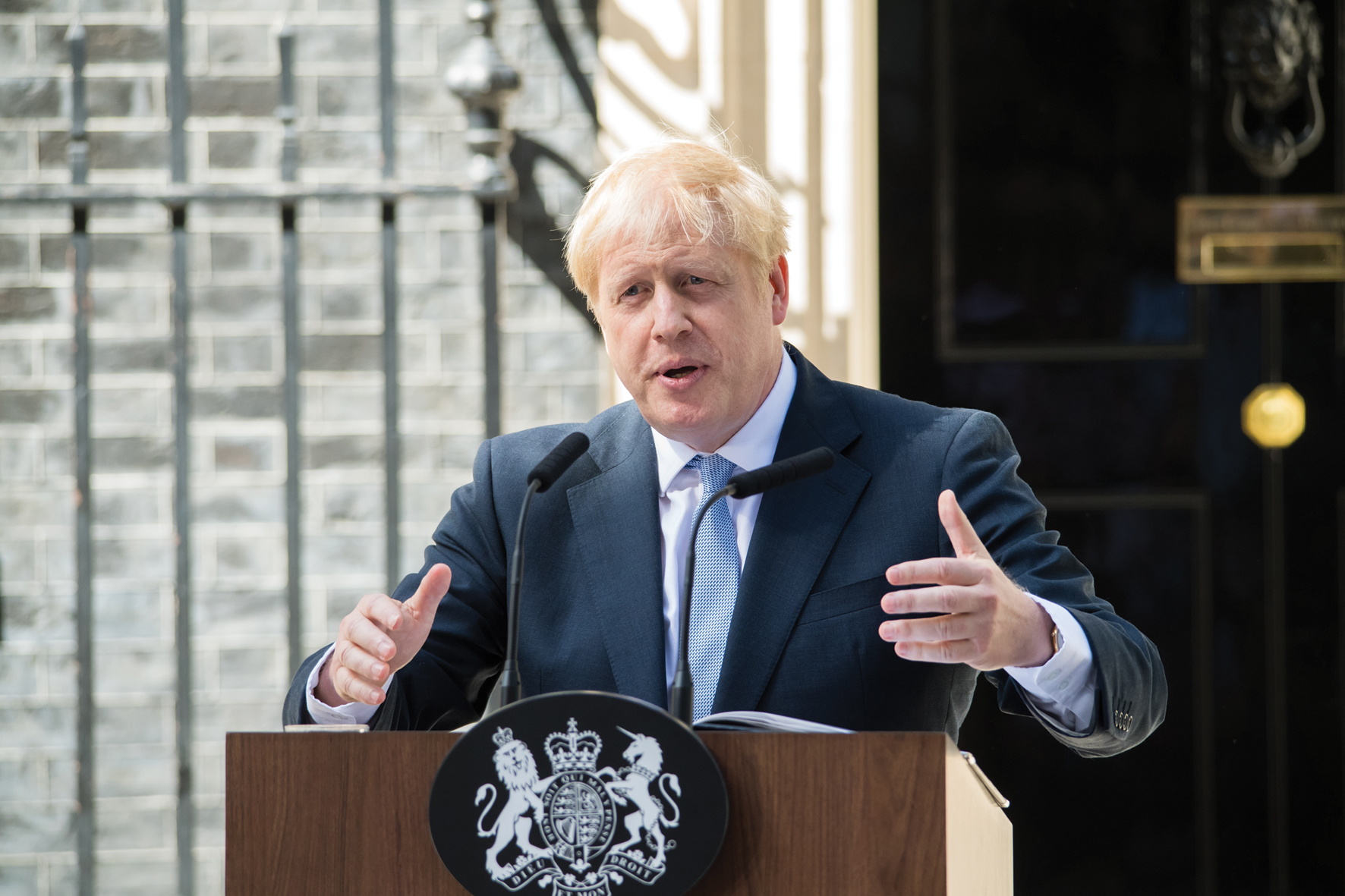Former chancellor Rishi Sunak’s ambition to make the UK a “global cryptoasset hub” has not won the confidence of tech experts.
The majority of IT specialists polled by BCS, the Chartered Institute for IT, felt the profession should not support the Treasury’s plan to make Britain a global centre for cryptoasset technology and investment, including stablecoins and NFTs.
Just 29% said working technologists should get behind the crypto project, according to the survey. And just 14% said the former chancellor was right to ask the Royal Mint to launch an NFT this summer.
Stablecoins are a form of cryptocurrency usually pegged to another asset or currency. Some 63% of the survey's 1,000 respondents said the Bank of England should not guarantee stablecoin to cover possible risks. The large majority (77%) were not confident that another key part of the plan - recognising and regulating stablecoins - would "ensure financial stability and provide wider consumer payment choice".
Dr Bill Mitchell OBE, director of policy at BCS commented: “Technology professionals we polled were deeply sceptical as to whether the UK can and should become the sort of country that attracts investment in crypto products – even stablecoins pegged to a currency. They were especially wary of encouraging people to start using cryptocurrency without the education and regulatory framework to create trust and confidence.
“In particular, the coming launch of the Royal Mint’s NFT needs to avoid striking a bum note at a time of spiralling cost of living and industrial action."
Just 10% of tech experts were optimistic about the potential of NFTs to do good for society, the BCS poll found. In contrast, 41% said they were positive about the potential of blockchain technology to benefit people, securing transactions in areas from health to contracts.
“IT specialists are more optimistic about the potential of blockchain to be applied for social good, for example in areas where it might assure trust and transparency like healthcare records and ‘smart contracts’ that can give all parties confidence,” Dr Mitchell explained.
Energy consumption and impact on climate change ranked as the biggest concern IT experts had about the wider adoption of crypto; 23% selected this as top priority for government to consider before wider rollout of the technology. This was closely followed by the prevalence of money laundering and ensuring the safety of crypto wallets and exchanges (both 15%), then regulation and educating the public (both 14%).
In comments supporting the poll, tech experts commonly said that encouraging speculation in cryptocurrency and NFTs was reminiscent of pyramid or Ponzi schemes, which should be avoided by the public and policy makers.
“In general, technologists would sooner work with government on areas like AI, cyber security and levelling up access to basic digital skills, which really do have the potential to transform lives, rather than crypto,” Dr Mitchell added.
This online poll was conducted amongst 1,054 BCS members between 21st and 28th June 2022.
See the next issue of CIR Magazine for more NFT-related developments.
Printed Copy:
Would you also like to receive CIR Magazine in print?
Data Use:
We will also send you our free daily email newsletters and other relevant communications, which you can opt out of at any time. Thank you.











YOU MIGHT ALSO LIKE